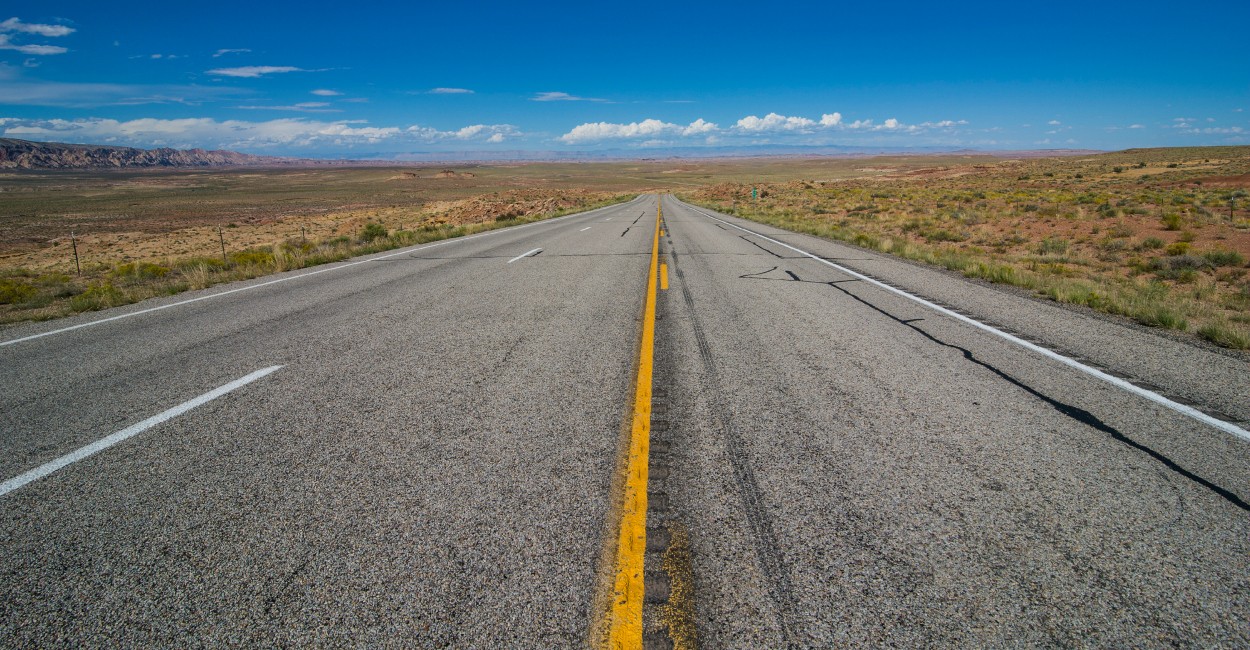The bipartisan leaders of the Senate Environment and Public Works Committee have unveiled a new six-year surface transportation reauthorization costing more than a quarter-trillion dollars, but it’s still unclear how the Senate would pay for it.
The bill would place a new priority on funding streams for off-system bridges as well as a new grant program for projects of strategic and national significance. According to summary materials obtained by CQ Roll Call, it would provide for increased focus on backlogs related to the Interstate Highway System and the National Highway System.
The measure also would set up a formula-based program for funding for freight corridors, in an effort to fund projects that improve the movement of goods.
“This bipartisan bill … contains the hallmark accomplishment of a new freight program to prioritize federal spending on the facilities that will most directly benefit our economy, in addition to prioritizing federal dollars towards bridge safety and the interstate system,” said Chairman James M. Inhofe, R-Okla.
Overall, the measure, which this year has been dubbed the DRIVE Act, would provide for a 3-percent annual growth average over the years from the funding levels in the MAP-21 bill. That equates to roughly $260-270 billion over the six years.
But as is customary, those are not total figures because the bill does not address funding issues within the jurisdiction of the Finance Committee or other provisions belonging to the Commerce and Banking panels. None of those panels have released legislation, and getting the funding has been the sticking point; it’s always easier to dole out the money than decide who you are going to squeeze to get it.
That was a point highlighted in the statement released of a news conference to unveil the bill by the EPW panel’s ranking Democrat, Barbara Boxer of California.
“The clock is ticking, and action in the EPW is a major first step — the other committees also need to act,” Boxer said.
The EPW portion of the bill is scheduled to be marked up Wednesday.

